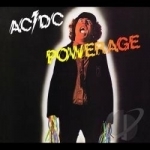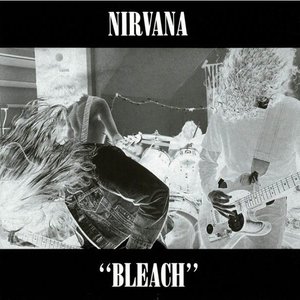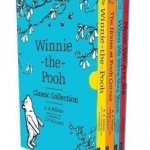
Winnie-the-Pooh Classic Collection
Book
'Once upon a time, a very long time ago now, about last Friday, Winnie-the-Pooh lived in a forest...
Masculinity and the Hunt: Wyatt to Spenser
Book
As an age-old metaphor for the sexual chase, the hunt provides a uniquely conflicted site for the...
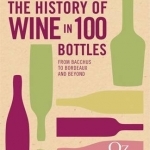
The History of Wine in 100 Bottles: From Bacchus to Bordeaux and Beyond
Book
Winemaking is as old as civilization itself and wine has always been more than just a drink. For...
Justin Hawkins recommended Powerage by AC/DC in Music (curated)
Natasha Khan recommended Bleach by Nirvana in Music (curated)

Eufloria HD
Games and Entertainment
App
** Apple Best Game of 2012 Runner Up ** Achieved #1 Paid App and Top Ten Games Worldwide **...
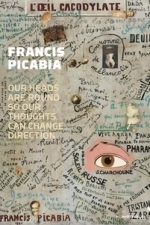
Francis Picabia: Our Heads Are Round So Our Thoughts Can Change Direction
Book Watch
By rejecting consistency, Picabia powerfully asserted the artist's freedom to change Irreverent...
Art
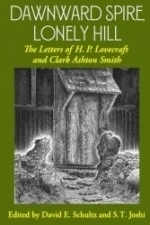
Dawnward Spire, Lonely Hill: The Letters of H.P. Lovecraft and Clark Ashton Smith
David E. Schultz and S. T. Joshi
Book
The publication of the fifteen-year correspondence of two of the titans of weird fiction, H. P....
Horror
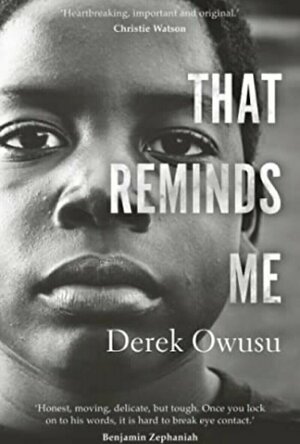
That Reminds Me
Book
WINNER OF THE DESMOND ELLIOTT PRIZE 2020 ___________________________________ 'A dreamy,...
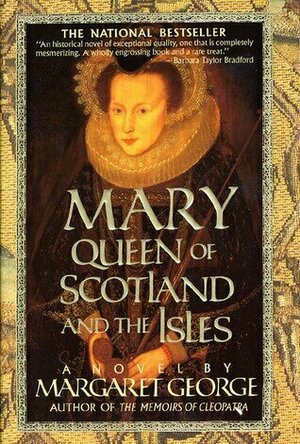
Mary Queen of Scotland and The Isles
Book
She became Queen of Scots when she was only six days old. Life among the warring factions in...

